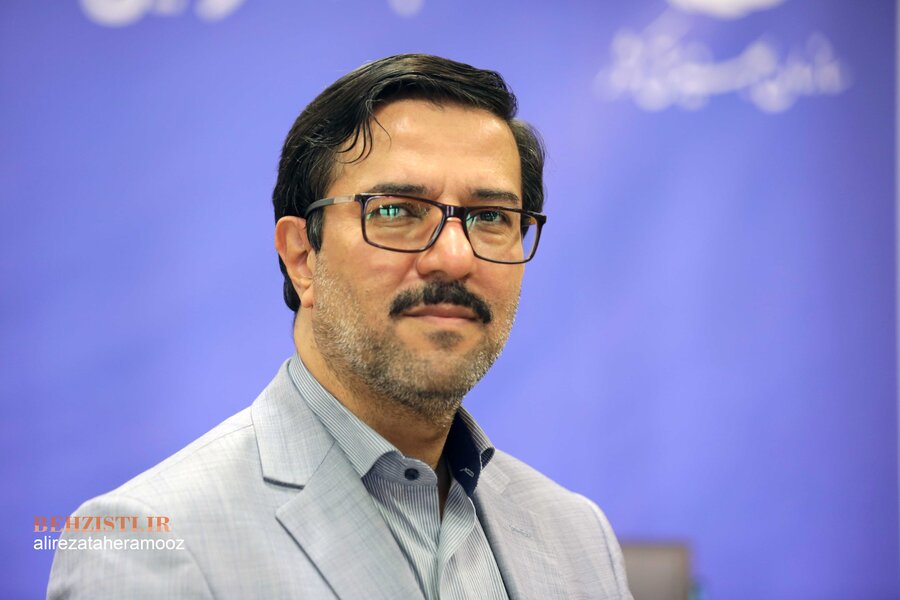"Mohammad Nafrieh,"deputy for rehabilitation of State Welfare Organization during an interview with ILNA news agency about the latest situation of nursing homes due to the ongoing outbreak of coronavirus said: We were in the management of the second flu peak in 1998 when the outbreak of coronavirus was announced in China. Due to the fact that the friends of the Ministry of Health informed us that there is a possibility of this disease entering our country, we have prepared and issued various instructions and circulars in this regard since February. Referring to the measures taken by State Welfare Organization to prevent the spread of coronavirus , he continued: "Receptions and visits were banned for a while." Training of assistants and physicians was also on the agenda. Also, more than 80 other health protocols were prepared and communicated separately for each center.
The Deputy for Rehabilitation of State Welfare Organization stated that the mortality rate in the centers covered by the Welfare Organization was much lower than the mortality rate, especially in nursing homes in other countries. Health personnel were started and then clients were vaccinated in nursing homes. "In some cases, the vaccination was not ordered by a doctor due to old age and allergies, or the family did not consent to the elderly person being vaccinated, and all other cases received all two doses of the vaccine," he said.He continued: "Currently, the death rate in nursing homes is less than one twentieth and the death rate in these centers has decreased sharply." The Deputy for Rehabilitation affairs of State Welfare Organization stated: At present, more than 15,000 elderly people are kept in welfare centers, and most of the people who are kept in nursing homes are people with disabilities. Nefrieh also said about small support houses for the elderly: "The pilot of this project has been completed and the instructions of this project were reviewed last year and have been announced since last year." In smaller, family-centered centers, disease control was easier and people were less involved than larger centers, and in fact, large centers were at greater risk during coronary heart disease. The policy of the Welfare Organization is to expand these small support houses where only 10 to 15 elderly people live.


Your Comment